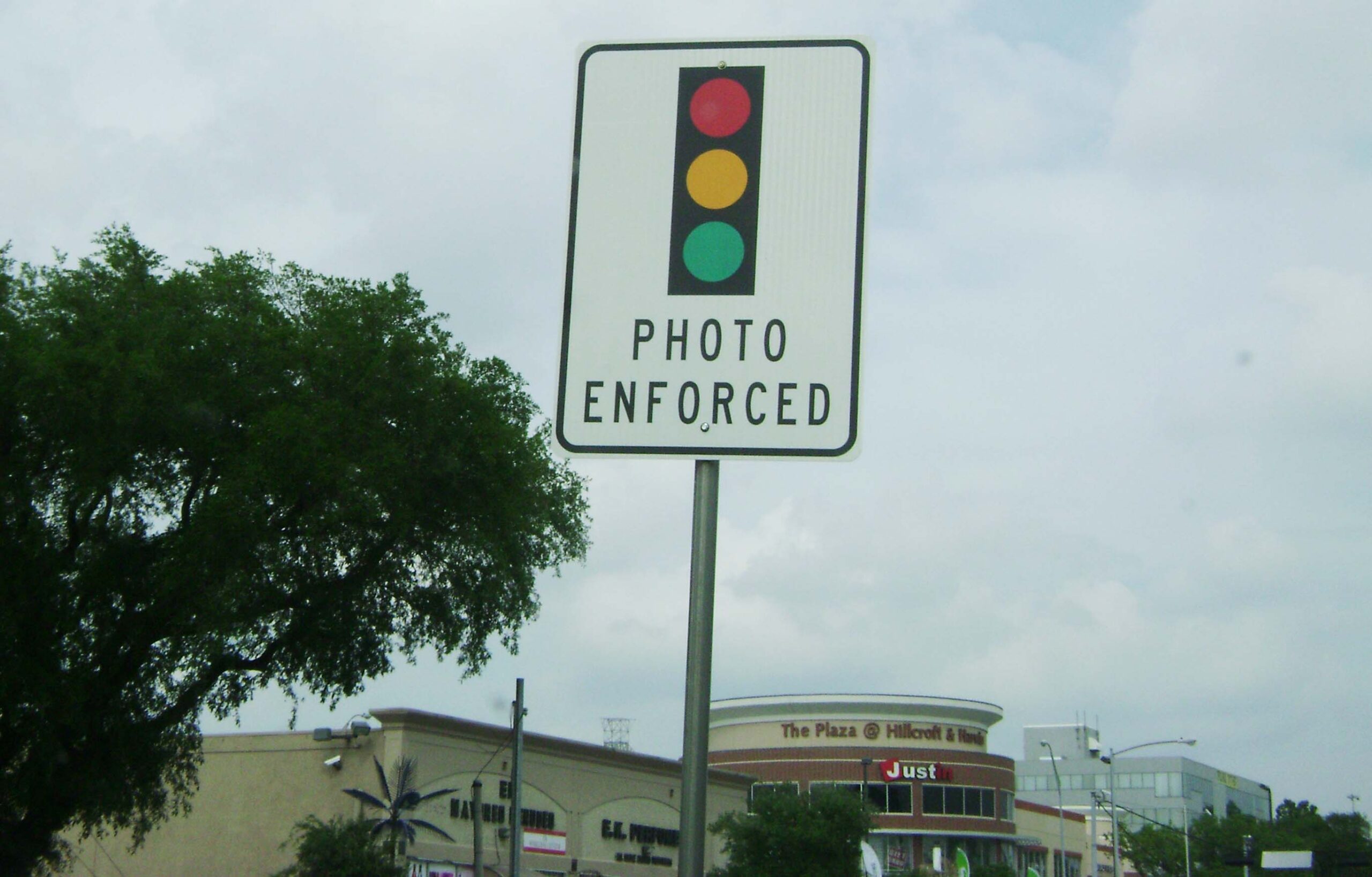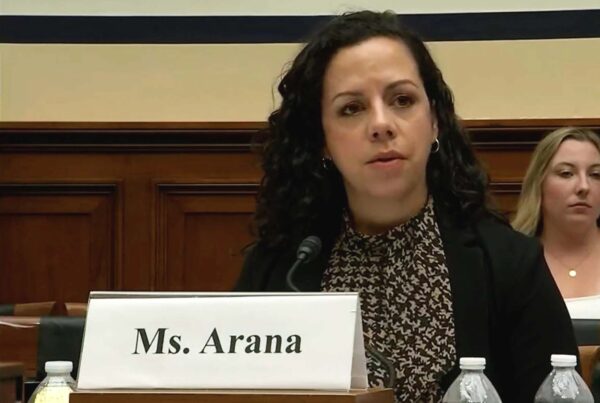Leon Valley, located just outside San Antonio, is set to become the last city in Texas with red-light cameras — unless state lawmakers pass bills that would void a contract with the city’s photo-enforcement company.
Leon Valley’s contract for the cameras with American Traffic Solutions is set to expire in 2039, and the only way to exit the agreement before then is for the city to pay millions. Timothy Fanning, a digital reporter at the San Antonio Express-News, said local officials have called on state lawmakers for help getting out of the contract.
“Back in 2019, state lawmakers made an exception for four Texas cities, two of which are in Bexar County: Balcones Heights and Leon Valley. Both essentially, in a last-minute decision, decided to extend their contract way out into the future,” he said. “And now they feel like their hands are tied because there’s a new city government – new elected officials, new city manager, police chiefs – and they don’t want it.”
The other cities that were granted exceptions did not extend their contracts for nearly as long, Fanning said. Amarillo’s red-light camera contract expired last year, and Humble’s contract will expire in 2024.
Balcones Heights initially extended its contract until 2034, but due to a clerical error, the extension never made it through, and the program will expire next year. This leaves Leon Valley with the longest extension on the books, unless state lawmakers intervene.
“Leon Valley has a sympathetic ear of State Rep. Philip Cortez, who represents San Antonio. He’s felt like the lengthy contract extension was a violation of the spirit of the 2019 law,” Fanning said. “So back in 2021, he filed a bill that would void these red-light camera contracts; that bill died in committee. And he’s now refiled that again this year. He’s got the help of State Sen. José Menéndez, who’s filed an identical bill in the state Senate.”
Fanning said residents in the area are also in favor of getting rid of the cameras.
“You’ll see people posting on social media every now and then talking about this general confusion of whether they should actually pay their bills,” he said. “They’ll get a threatening letter in the mail saying that they owe $75 or something like that. But in reality, there’s no actual teeth to it. It won’t go to a collection agency. It won’t go on your driver record.”
Fanning said local officials are hopeful that state lawmakers will get the bill ending their contract over the finish line this year.
“They say one of the biggest hurdles is being that one small city who still has [the cameras]. And they’ve made the bed that they’re currently lying in,” he said. “As for Representative Cortez, he said that the bill died last time because of a lack of timing, but he feels that lawmakers are on his side as long as they hear his pitch.”














